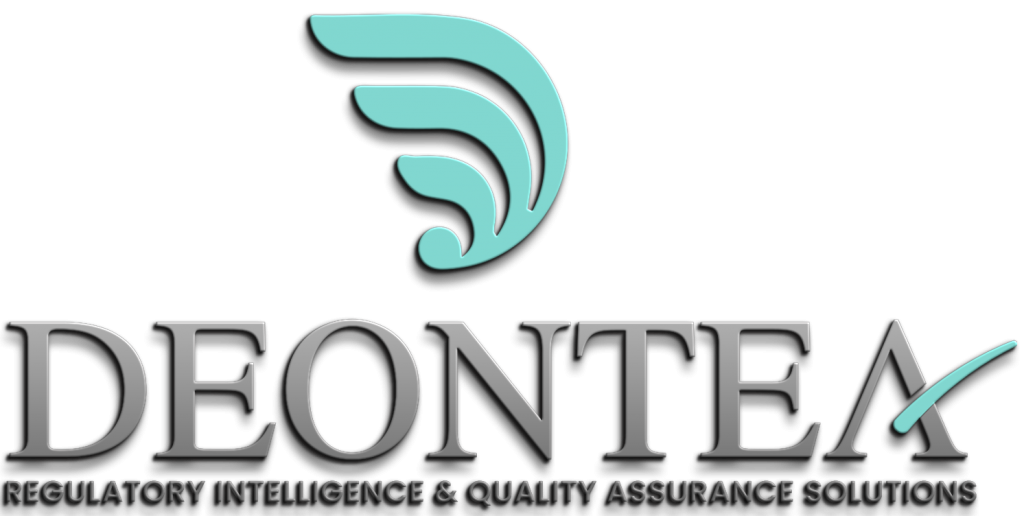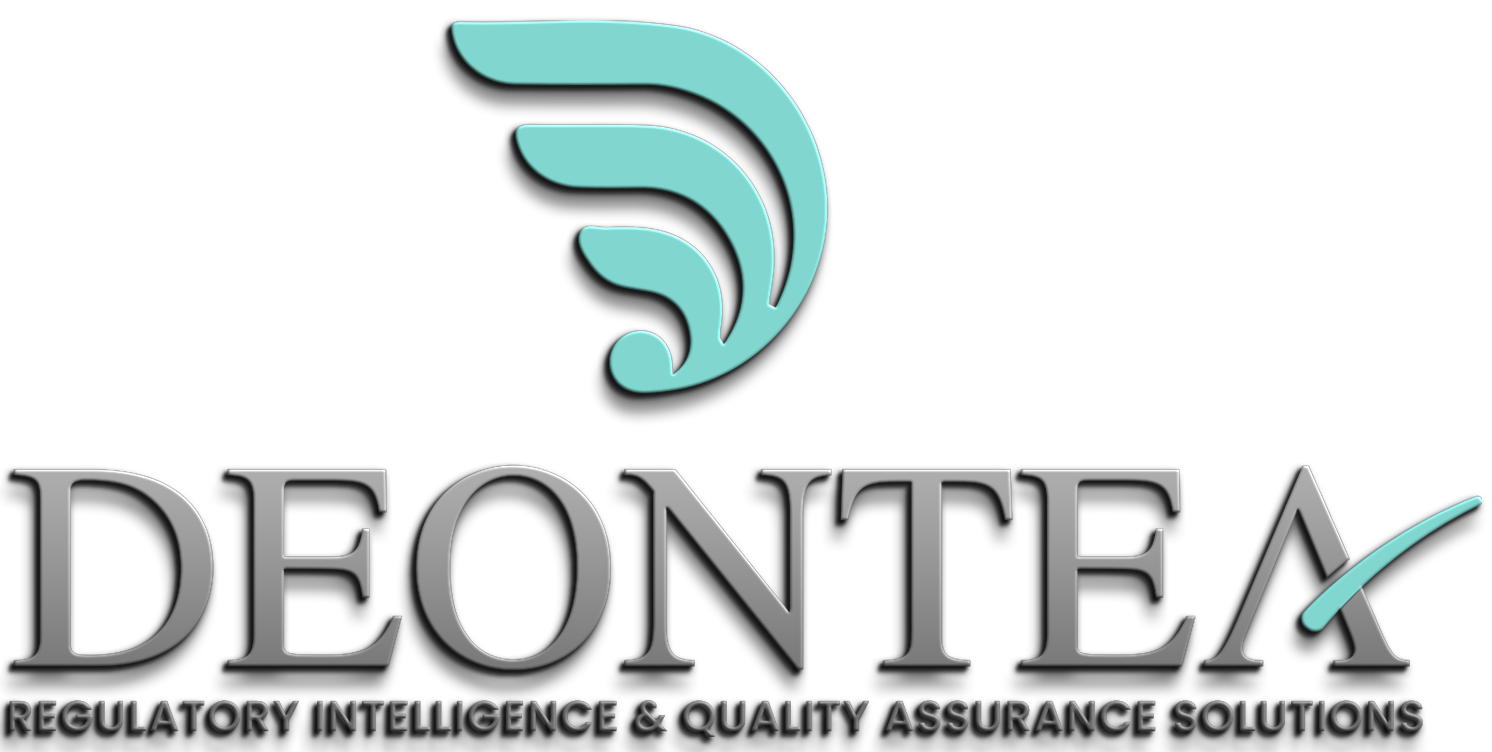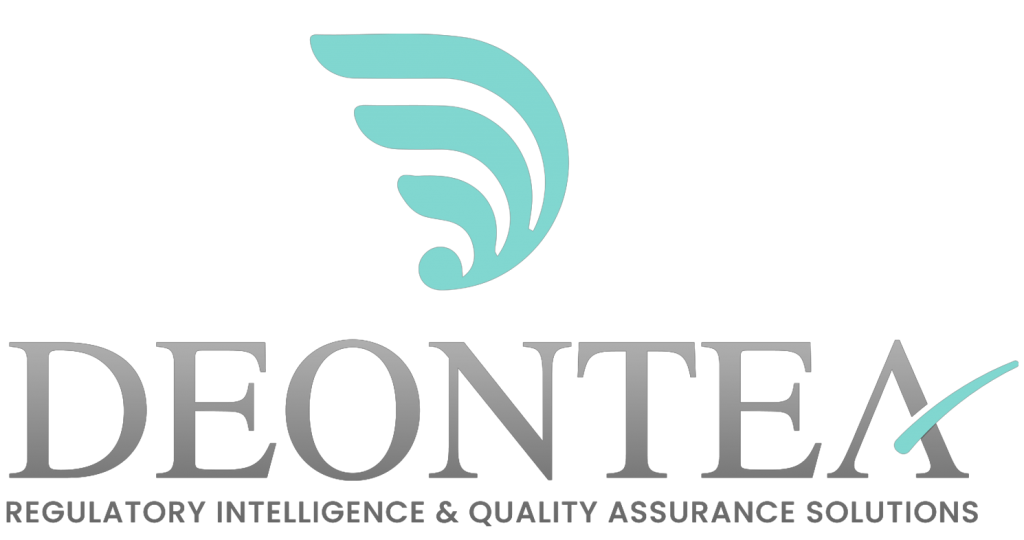Transforming Regulatory Requirements into Commercial Benefits
When the Roaming Regulation 2012 regulating the charges mobile network operators can impose on their subscribers using telephone and data services outside their home country as well as the wholesale rates networks can charge between themselves came into force, it hit the industry hard. Some firms chose to complain while others chose to take advantage of the situation.
In the following months they started advertising within their offers, the absence of roaming fees as a clear advantage to customers.
While, one cannot compare the new regulatory initiatives to the impact the Roaming Regulation had on the mobile telephone industry, firm should consider how to take advantage of the new rules, and how transform all these new requirements into commercial/reputational or other benefits.
CUSTOMERS
The number of reporting requirements and information disclosures rendered mandatory by MiFID II, PRIIPS & other regulatory initiatives have increased substantially those past years. Not complying or complying half way is not an option; hence firms may look at it as an opportunity. They may transform that additional burden as a medium to build a relation of trust and demonstrate that funds/assets entrusted to them are handled with due care and diligence, in line with the assigned mandates. To achieve that outcome, it is important to give due considerations to the regulatory requirements, but it is also necessary to identify how those requirements, when complied with, may enhance the firm reputation and external image. It may provide firms with an additional hedge in an extremely competitive landscape to differentiate itself. Best Execution & Conflicts of interest disclosures, or information to be provided under Article 47 to 50 of the Commission Delegated Regulation (EU) 2017/565, ESG disclosures and IFD notifications are perfect examples of tools firms may use at their advantage.
Would you like to learn more about how to enhance your reporting & information disclosures: contact us
PEERS
In accordance with Article 64 to 66 of the Commission Delegated Regulation EU (2017/565), firms have to document the selection process within their Order Execution Policies. MiFIR has also introduced new reporting requirements including pre/post trade transparency disclosures meant among other things to support a more efficient price formation process. Both requirements had required substantial investments, and are mobilising important resources. Under SFDR and the Taxonomy Regulation additional reporting and disclosures requirements have been added to the existing long list of requirements.
It remains however, that those reports may also be used to benefit firms by providing tools to analyse their own performance vs their peers, and inform strategic decision making processes in an environment of rising costs, multiplication of new players and shrinking margins. The financial landscape has become extremely competitive and any tools that would allow firms to assess their business model or future developments cannot be disregarded.
Would you like to learn more about how to monitor your achievements and/or assessing your business development projects: contact us
INTERNAL ORGANISATION
MiFID II has introduced new, or level-up numerous existing requirements, including but not limited to enhanced oversight, clearer obligations in respect of the three lines of defense, more comprehensive record keeping requirements and reporting obligations. Accordingly, CRD V and IFD have added further obligations in a already heavy agenda. Firms have to dedicate important resources to improve their systems and controls, in order to comply with these new initiatives: regulations can be a complex, time-consuming and costly activity for firms.
Again, those new constraints and obligations may be transformed into useful tools to improve firm’s governance, organization and end up as cost saving mediums.
Too often, firms have adopted a silo, “just in time” approach, whereas at different levels of the organisation, teams implement changes that may lead to overlapping, duplicative and sometimes inconsistent processes. Firm could leverage on the new requirements to streamline their processes, improve their controls & oversight, and proactively ensuring that compliance has the necessary visibility and authority to contribute positively to the development of the business. This holistic approach may be a vector of substantial costs savings and enhanced flexibility while providing assurance that organization comply with their regulatory requirements across all business lines or legal entities.
Deontea Ltd your highly specialised regulatory & compliance partner can help you in auditing & gap analysing the implemented policies/procedures and arrangements to provide quality assurance and confirm full compliance with applicable regulations.


